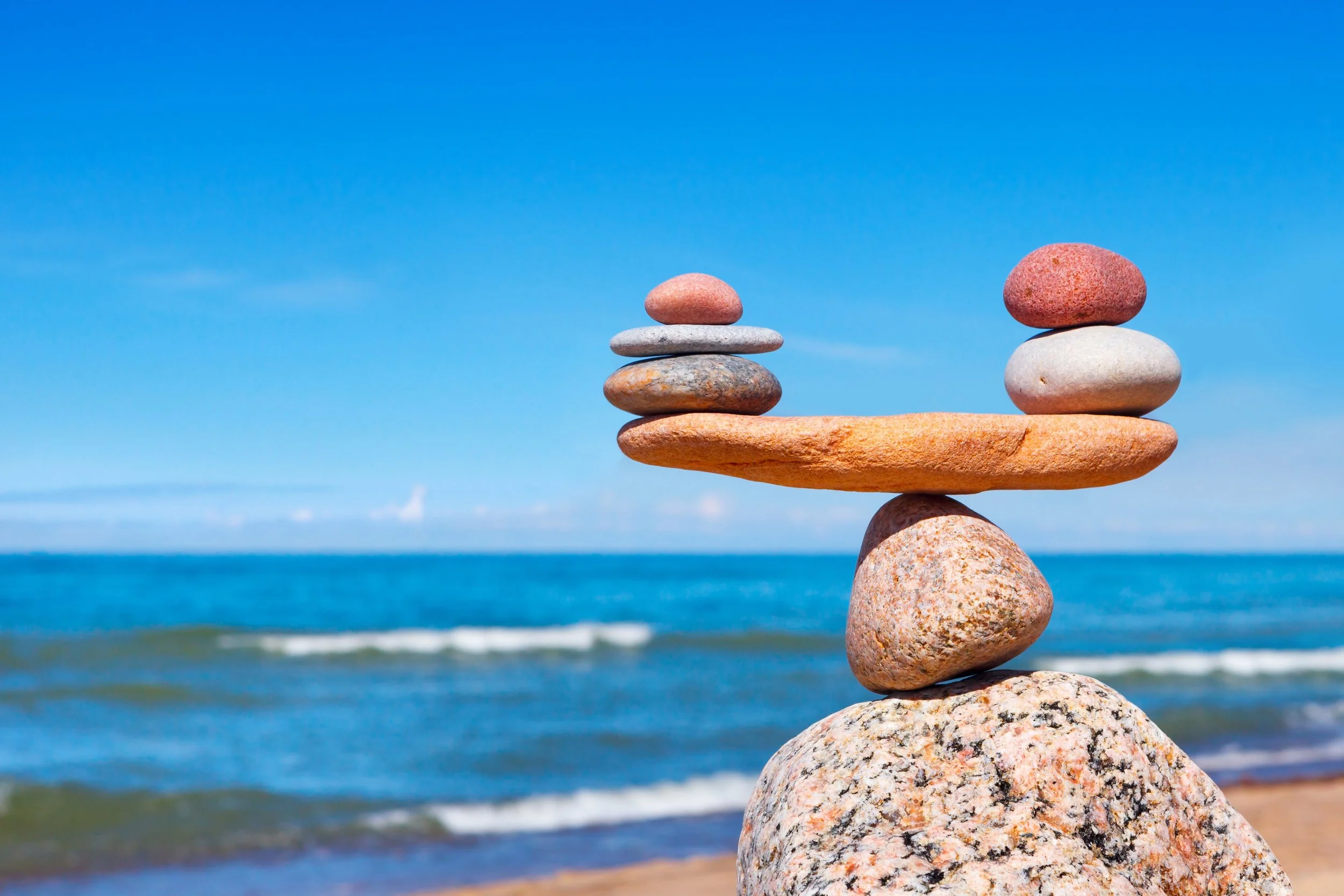Last week, a friend with a couple of jobs, a family, and a house-flipping project asked me “how I did it”. She meant how do I find the time and energy to deal with everything my conditions throw my way that healthy and mostly-healthy people don’t have to deal with.
It was an interesting question, and sent me back 30 years to an evening in the midst of The Great Noncompliance Rebellion™ of the early 1990s when we had friends over for dinner. I was taking my blood sugar on one of the old meters that required a “hanging drop” of blood. One of the girls fairly close to my age commented that she didn’t know how I did it. Did what? Hurt myself on purpose every day.
I’d never really thought about it that way. It was what I had been told to do, so I did it. Even while rebelling against my prescribed regimen, I knew I needed to continue pricking my finger to maintain at least the appearance that I was treating my condition.
Over the years, I would endure certain tests, learn how to use medical equipment, deal with pre-authorization hassles, calculate recipe nutrition down to the ounce to get insulin dosages right, and a number of other activities, some of which I hated, that caused pain, sucked up time, and generally settled on my shoulders as an undeniable burden beyond taking pills.
So, why do it?
Because we all have a life we want. When we close our eyes and envision the future, we see families or careers or places we want to visit, cars we want to drive, and early retirements we want to take. All of that takes work. And honestly, for some of us with medical (and medical financial) limitations, we know we may not get there, but that doesn’t mean we don’t try.
Because we know what happens when we don’t. We remember what came before the regimen burden – how it felt, how it limited us, how it scared us.
When someone asks me questions that acknowledge the burden and even express admiration for my ability to assume more than the average bear, I am flattered and appreciative that they think it’s some kind of special skill, but the askers may think it’s a skill I developed on purpose.
I mean, it is. But it’s not.
That’s confusing, isn’t it?
The best analogy I can give is that it’s not like having children because you don’t choose to have your conditions. But it is like having children because, like new parents, patients usually have no idea what the treatment burden will be when they start their journeys. There are some things that will be painful, exhausting, throw us for a loop, and that we will absolutely hate. But this is the path we have committed to, and there is not a lot of wiggle room to find an equally good-for-everybody-involved-including-me alternative.
You develop child-rearing skills and condition-coping skills because you have to.
So yes, at some point we do make a choice to follow a regimen that treats our conditions as best as we can. But once we become assimilated to it, it becomes less of a choice and more just our lives. With all the variation, nuance, and crisis management that comes with it. Eventually, you just develop the skills to deal with each bump as it comes because the choice to go untreated isn’t a choice at all.*
*With a few notable exceptions like situations involving treatment-is-worse-than-the-disease/quality-of-life/end-of-life issues

